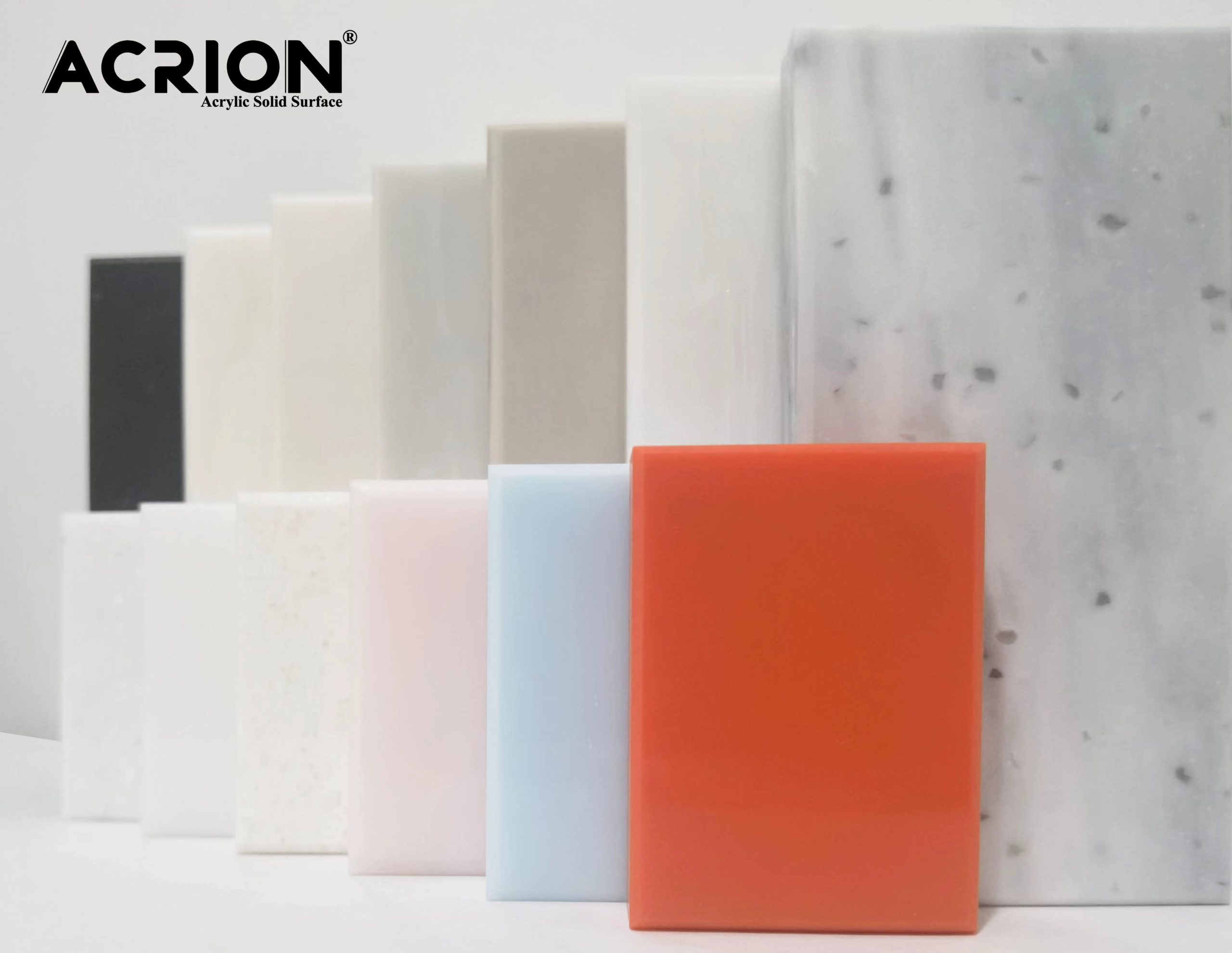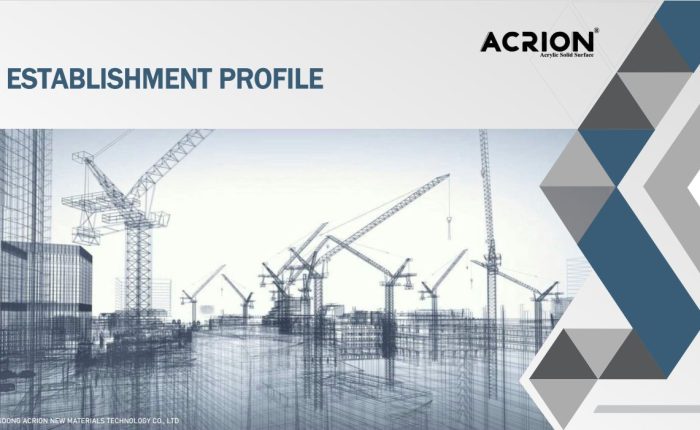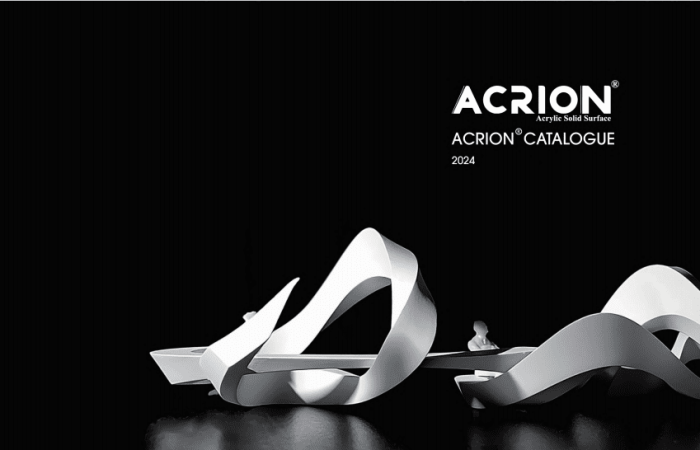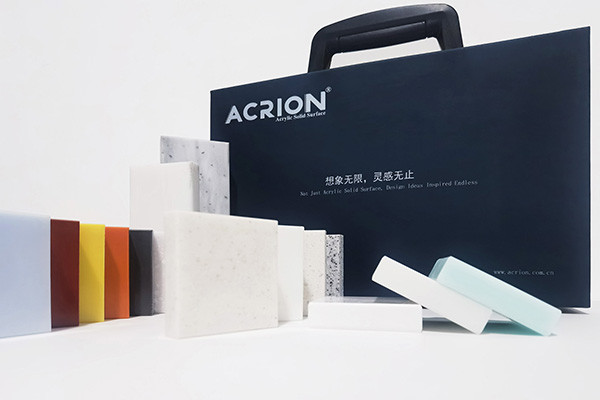Considerações estruturais para sistemas de suporte à bancada acion
Princípios de engenharia da estrutura de carga
A base de qualquer instalação de bancada da Acion está na capacidade de sua estrutura de suporte de distribuir o peso uniformemente. Para projetos suspensos com exceências de 2,5 metros de comprimento, são recomendadas estruturas de aço de camada dupla com vigas principais de 40 mm e 25 mm de corte cruzado. Essa configuração atinge uma capacidade de carga de 150 kg/m² quando presa com 12 parafusos de expansão por medidor linear, espaçado em intervalos de 40 cm. Um estudo de caso demonstrou a eficácia desse sistema no suporte a uma vaidade suspensa de 2,5 milhões sem deformação visível ao longo de 18 meses de uso.
A expansão térmica deve ser contabilizada no design de suporte. Ao integrar o Acion com elementos de aquecimento ou em aplicações externas, lacunas de expansão de 3 mm devem ser mantidas entre a bancada e as estruturas adjacentes. Essas lacunas são tipicamente preenchidas com silicone flexível classificado para a exposição contínua à temperatura entre -40 ° C e 120 ° C, impedindo as rachaduras causadas por taxas de expansão diferencial.
Técnicas de instalação de precisão para configurações complexas
Para bancadas em forma de L ou em forma de U, as juntas de canto de mitered requerem suporte especializado. O ângulo interno deve incorporar uma borda de reforço de 15 mm de largura termoforada no acion durante a fabricação. Essa borda, combinada com fixadores mecânicos espaçados a cada 150 mm, evita a flexão da junta. Em uma aplicação da ilha de cozinha, esse método manteve a integridade estrutural, apesar das cargas diárias superiores a 200 kg de aparelhos e armazenamento.
As instalações de montagem de montagem exigem reforço duplo. Primeiro, uma prateleira de suporte de 12 mm de espessura deve ser integrada à estrutura do gabinete, estendendo 50 mm além do perímetro da pia. Segundo, o flange da pia deve receber um cordão contínuo de adesivo estrutural com um tempo de cura de 24 horas, complementado por clipes de aço inoxidável espaçados a cada 200 mm. Essa combinação impede o deslocamento da pia sob pressão da água, conforme verificado através de testes de estresse de 5.000 ciclos.
Soluções avançadas para espaços desafiadores
Em aplicações com suporte limitado na parede, como partições independentes ou divisores de salas, as estruturas de acionismo auto-sustentáveis se tornam viáveis. Ao incorporar painéis de acrion com 6 mm de espessura com núcleos internos de alumínio em favo de mel, os designers alcançaram vãos de até 3 metros sem suportes intermediários. A chave está na manutenção de uma força de adesão em painel a núcleo superior a 3n/mm², testada através de ensaios de resistência a puxar.
Para instalações curvas, como contadores de barras ou mesas de recepção, a formação térmica permite transições perfeitas. O processo envolve o aquecimento do acion a 160 ° C e, em seguida, moldá -lo sobre moldes personalizados com raios tão apertados quanto 50 mm. Para evitar fraturas por estresse durante a flexão, o material deve ser condicionado a 80 ° C por 2 horas antes da formação. Essa técnica produziu uma bancada de 180 graus com espessura consistente de 12 mm em toda a curva.
Integração com materiais diferentes
Quando o Acion atende aos backsplashes de ladrilhos ou pedras, as juntas de movimento se tornam essenciais. Uma ranhura de 5 mm de profundidade por 10 mm de largura deve ser roteada ao longo da borda do acion, na qual uma tira de acabamento de metal flexível é inserida. Isso permite 3 mm de movimento diferencial, mantendo uma aparência polida. Em uma reforma do banheiro, esse método impediu rachaduras na interface da acriação de ladrilhos, apesar das flutuações sazonais de umidade de 30% a 70%.
Para aplicações de cozinha ao ar livre, onde o Acion abutra elementos de pedra natural, o silicone estável em UV com propriedades de cura neutra devem ser usadas. A largura da junta deve ser igual à expansão anual esperada de ambos os materiais combinados, tipicamente de 8 a 12 mm em climas temperados. Essa abordagem manteve a integridade do selo em uma instalação costeira exposta a spray de sal e extremos de temperatura de -5 ° C a 45 ° C em três anos.



